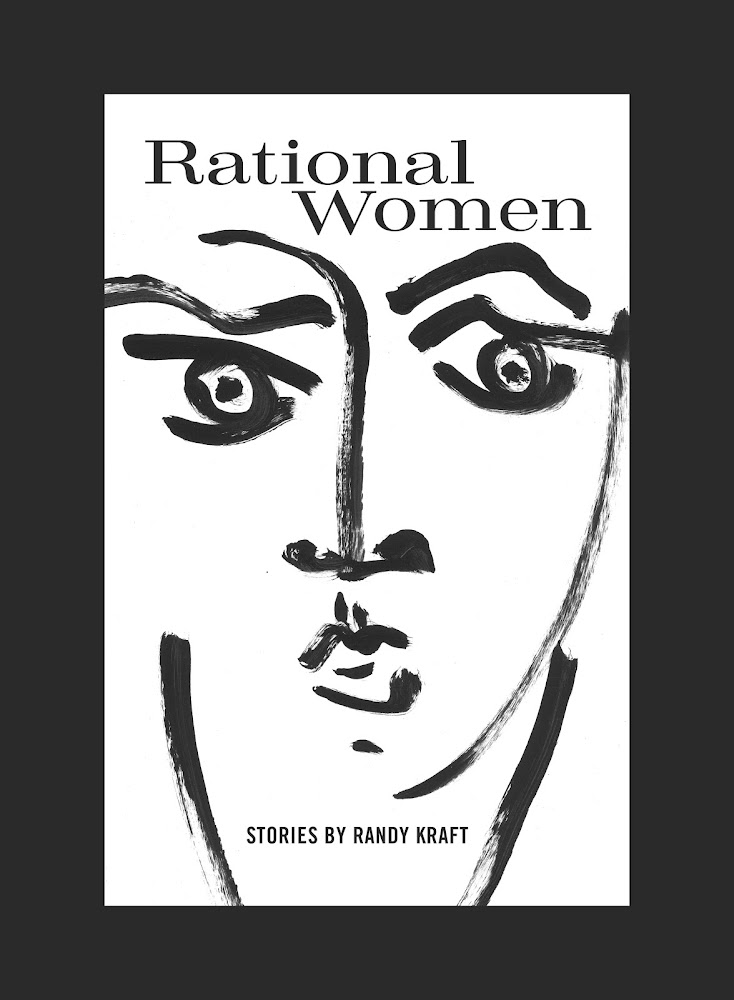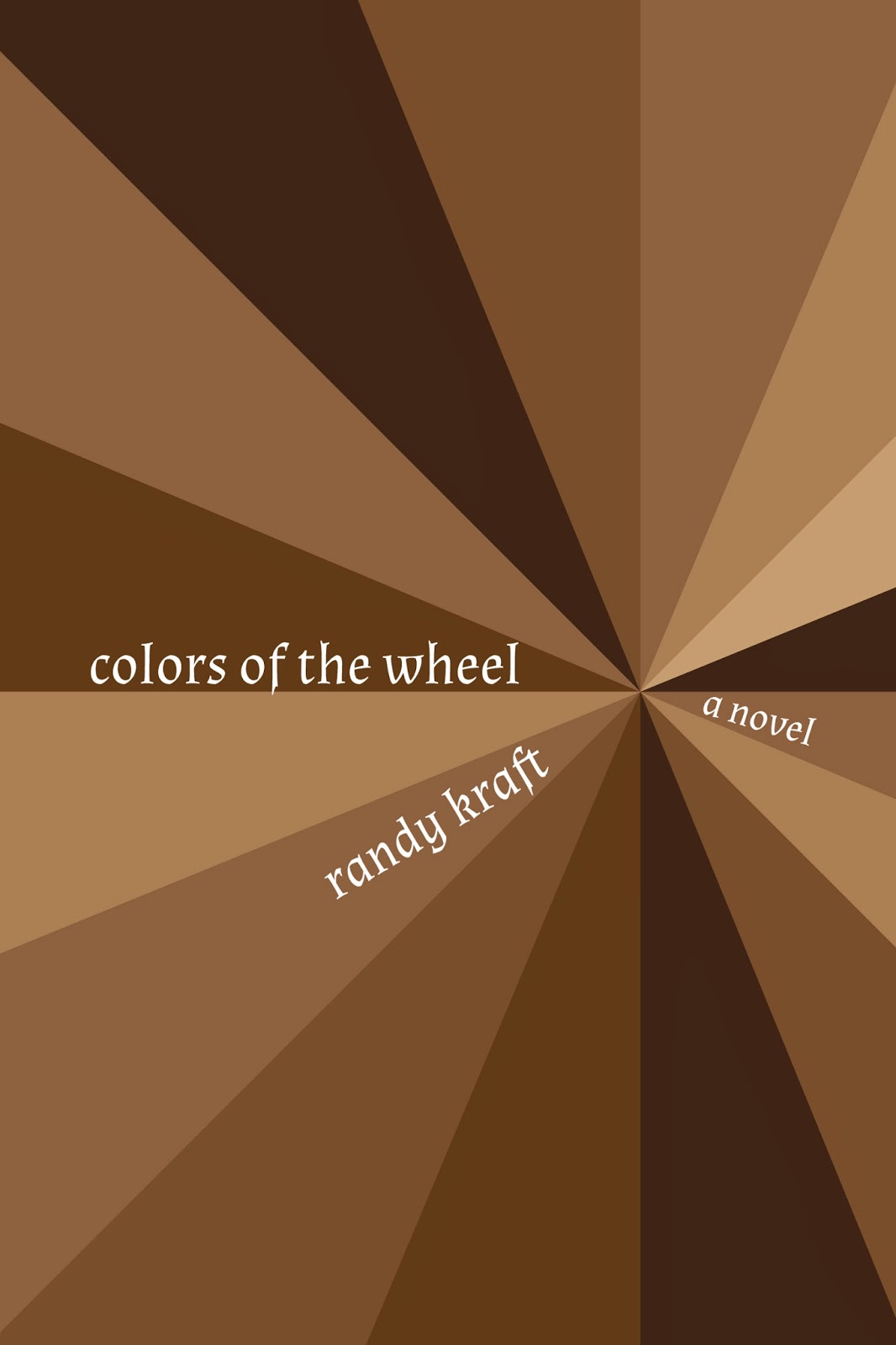 |
| Maggie O'Farrell |
The English writer Maggie
O'Farrell is a favorite of mine. She has a tender voice, lyrical and
descriptive. Her characters are real, in fact, we think of them as people we
know. Vivid, flawed, heartfelt. In this novel, members of an Irish family
return in the heat of a dry summer to their mother's home when they discover their
father has disappeared without a word. Parched, you might say, for connections, and understanding.
I
encountered O'Farrell first years ago with "After You'd Gone" a
magical little novel that kept you hanging. After that, I read "The Vanishing Act of Esme Lennox" which also focused on siblings and was surprisingly fascinating, followed by my favorite O'Farrell, "The Hand that First Held Mine." That novel subtly and incisively captured the essence of loss and trauma.
Last
year she published "Instructions for a Heatwave" which garnered a few
modest reviews. I finally got around to it and yes, it is not as compelling as the
others, but still on the upper rung of storytelling. O'Farrell speaks in a
lilting tongue here, befitting the setting. I found myself often stopping to re-read a passage because she is so insightful.
My
critique would be only that the plot line too easily comes together. Few
surprises, and these not terribly profound. Touching, but not earth-shattering, which they don't always need to be. The nuanced novel is a joy in the hands of a nuanced writer. O'Farrell traffics in tortures of
the heart and this story centers on the struggles
created by simple misunderstandings. Although when it comes to family dynamics,
is anything simple?
Most
impressive to me was the one character [oddly named Aoife as in Eve, Irish
style] one of the three siblings whose relationship dominate the tale. She is an
undiagnosed dyslexic. O'Farrell deftly depicts the way words formed mazes in her mind, through which she found it hard to
find her way. And, like the amazing "The Reader" this character too
would rather struggle through life than confess her despair, preferring to accept the opinions of family and
friends that she was stupid, disorganized and belligerent, despite her
obviously elevated intellect. In fact, I might have preferred the novel to
center on this character and her difficulties, which was the best part.
If
you are looking for a touching but not hyper-sentimental tale with interesting characters and story line, one that once again reveals the fault lines in families, and in a repressive culture, "Instructions for a Heatwave" is good reading.





